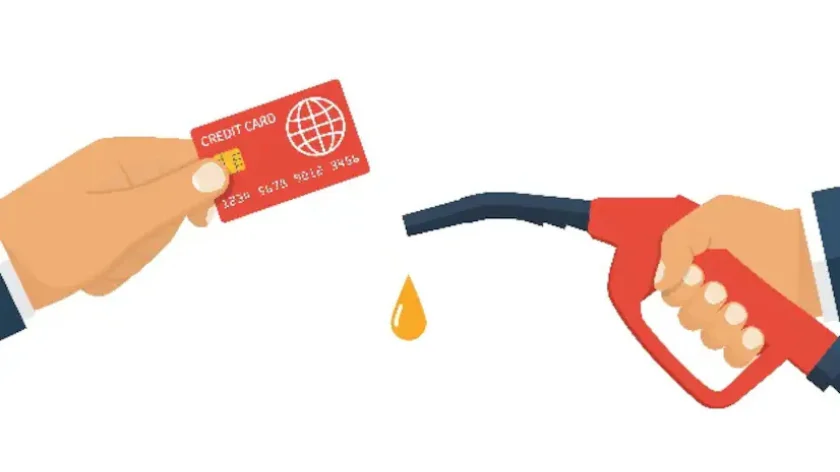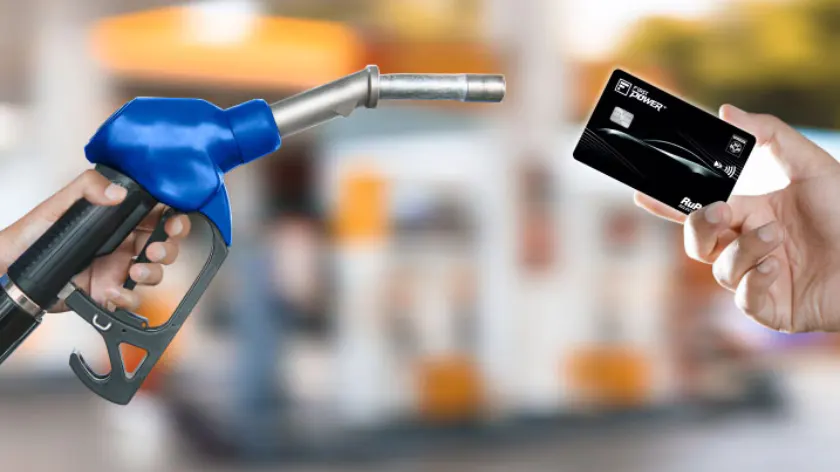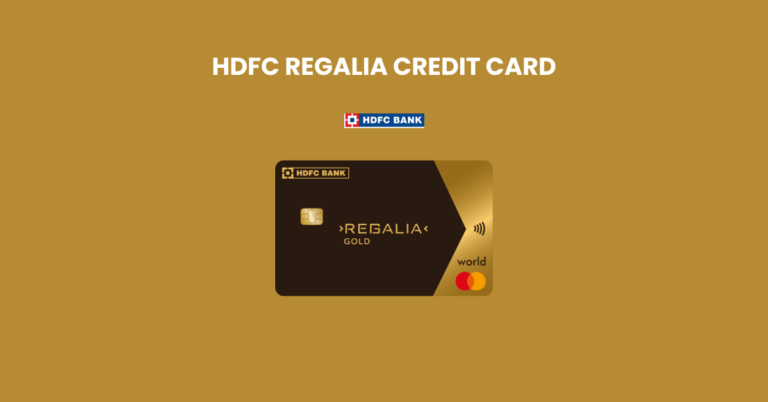How Much Fuel Surcharge on Credit Cards

Fuel Surcharge on Credit Cards is one of the most common expenses for any person, as well as for a business. Whether you’re filling up your car or managing a fleet, for sure fuel costs make a very significant part of monthly expenses. For those using credit cards to pay for fuel, you may have noticed a small, additional fee on your transaction called a fuel surcharge. Dive right into how surcharges are calculated and how you can avoid them, for the most part.
What is a Fuel Surcharge on Credit Cards?
A fuel surcharge is a fee charged by fuel companies whenever you use your credit or debit card to make a transaction at a fuel station. Usually, a surcharge is some percentage of the overall fuel purchase and then meant to recapture costs associated with fuel price fluctuations, credit card processing fees, and other administrative costs. It is collected by the issuing banks from the customers during the transaction for the fuel, unless waived off by specific credit card benefits.
Many credit cards offer integrated capabilities designed to ease or abolish the charges. Nonetheless, not all of them do. Therefore, knowing how a fuel surcharge works and how best to avoid it, can prove advantageous when saving you money.
How is a Fuel Surcharge Calculated?
Ordinarily, surcharges on credit cards in India are usually calculated on a percentage basis of the overall fuel purchased. Most of the credit card companies charge between 1% to 1.7% on the total fuel spent by a person. The percentage is a little deviant depending on the service station and credit card company.
Example:
- If you purchase fuel which has a value of ₹1,000 and your credit card does levy a 1.5% fuel surcharge on your purchases, then the value of the surcharge would be ₹15.
- The credit card company may or may not add GST to the surcharge, hence charging you higher additional costs.
Always read the fine print attached to the credit card to know exactly how much fuel surcharge will be levied on each of your transactions.
How to Avoid a Fuel Surcharge

Of course, while this fuel charge is usually faced, there are still some ways in wherein one might not pay it at all, or at least minimise it:
- Look for Credit Cards with Fuel-Surcharge Waivers
Fuel surcharge waivers are also found in a lot of credit cards as a privilege. An example is the OneCard credit card, which allows for a fuel surcharge waiver of up to ₹400 monthly. This translates to even more money saved for your fuel with hardly anything spent. Let’s say you spend all your fuel on your credit card; this should work out to be a rather substantial saving on your fuel. To make full use of such waivers and manage your spending better, you can also learn more from our guide on tips to manage current outstanding in credit card. - Opt for Fuel-Specific Credit Cards
Some have special designs intended to be used only for fuel purchases. So, they would not only remove fuel surcharges from you, but also give you cashback or bonus points on your fuel spends. For instance, you may use a fuel-specific card that gives 5% cash back on all your refueling activities.
- Use Your Credit Card at Partner Petrol Stations
Other credit card issuers have alliances with some fuel companies or stations as well, which enable them to offer fuel surcharge waivers. If your credit card has such a provision, the surcharge would be waived when you use a partnering petrol station. You should, therefore, ask your credit card provider about the eligible fuel stations.
- Meet the Spending Requirements
Some cards waive surcharges in response to conditions, for example, when you must spend at a minimum threshold to qualify to waive a fuel surcharge. In case you guarantee a minimum spending threshold every month, you could avoid the surcharge while benefiting from other card inducements.
What is a Fuel Surcharge Waiver on a Credit Card?
A surcharge on fuel waiver is a benefit from using a credit card that waives the surcharge imposed on the fuel transaction. This will help you save money when you make lots of cash purchases in fuel stations if you are someone who tends to refuel regularly.
Credit card providers allow offer waivers on a fuel surcharge in order to encourage transactions with credit cards on fuel purchases. In contrast to interest charges or annual fees, this specific waiver relates only to the transaction of fuel. This may either waive the total fuel surcharge or part of it, depending on the kind of benefits offered by the card.
What is a Fuel Surcharge Waiver Cap?
Surcharge waiver cap refers to the maximum amount that may be waived on a credit card regarding surcharges. For example, if your card gives you an upper limit of ₹400 per month in fuel surcharge waiver, you will incur and pay any amount over and above ₹400.
This cap for the waiver is very important to understand because it will give you a better chance of planning your fuel-related expenses. You should always check on the limits of the cap, which can help maximise savings.
How Can You Get a Fuel Surcharge Waiver with a Credit Card?
Probably, using a credit card with a surcharge waiver is one of the easiest ways to get that. Some steps that might help with fuel surcharge waivers are listed below.
- Choose a Credit Card that Offers Fuel Surcharge Waivers
Not all credit cards waive surcharge. It is always a good move to know which card offers this facility and then select the best one for yourself. The frequent fuel buyer will love cards like OneCard with a benefit such as a fuel surcharge waiver.
- Understand the Terms and Conditions
Always read the fine prints to ensure that you qualify for the waiver of the surcharge. Some cards may only waive off the charge after spending certain money at those stations, or the waiver may only be at a specific gas station.
- Use Your Credit Card for Fuel Purchases at Partner Stations
Many credit cards tie up with specific petrol stations where the fuel surcharge waiver can be availed. So, make sure that you use your card at these stations to avail this benefit.
Read More:
Conclusion
Savings may seem negligible on surcharges in your credit card transactions at first glance. Over time, though, savings can add up. Fuel surcharge waivers, cashback, or reward points, you can avoid or reduce these fees with the right credit card. Gaining knowledge on how these surcharges work and then picking the credit card that best suits your needs for fuel spending is what leads to the saving of tremendous portions of overall fuel costs, along with other card benefits.
FAQs
1. Is the fuel surcharge applicable on credit cards?
Generally speaking, credit cards have a fuel-surcharge anytime you purchase fuel through the card. The good thing, however, is that most credit cards have a waiver for this surcharge.
2. What is a 1% fuel surcharge waiver on a credit card?
A 1% fuel surcharge waiver refers to the fact that if a 1% surcharge is levied on a fuel transaction, the issuing bank of the credit card will waive that charge up to the said limit. For instance, with OneCard, you get waivers up to ₹400 a month.
3. What is a fuel surcharge fee?
A fuel surcharge fee is an additional fee charged by credit card issuers when you spend your money at the local filling stations. This fee varies between 1% and 1.7% of the total transaction amount.
4. Are fuel surcharges refundable?
Fuel surcharges tend to be non-refundable because they are used to offset some of the overhead incurred in processing the transaction. A fuel surcharge waiver may apply in some cases, though. If a fuel surcharge waiver applies, you’ll have that amount waived.
5. What is a petrol surcharge waiver on a credit card?
Petrol surcharge waiver is an exemption from payment of an additional fee (surcharge) while using the credit card to buy petrol.
6. How can I check if my credit card offers a fuel surcharge waiver in India?
Check your website of the issuer of your credit card, check the terms and conditions on the card, or consult their customer service to know whether your card waives the fuel surcharge or not.
7. Can I earn rewards or cashback on fuel transactions with my credit card in India?
This is right in the sense that some credit cards, like OneCard, provide cashback or rewards on any transaction at a pump. Still, one has to always read the fine print on the card’s terms and conditions.






